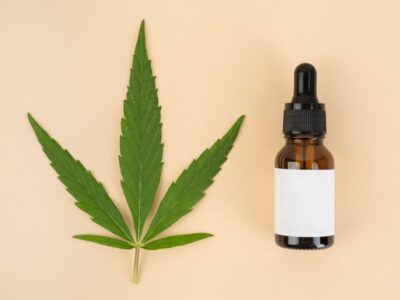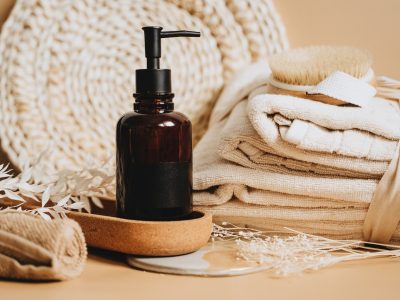The millions of people who deal with rosacea on a daily basis are greatly impacted.
Since there is no known solution for this chronic condition, many people turn to CBD. Thankfully, CBD and skin care go well together. In this essay, we’ll discuss the principles of defining rosacea, its causes, the anti-inflammatory properties of CBD, and possible rosacea treatments.
What Causes Rosacea?
The National Rosacea Society (NRS) estimates that almost 16 million Americans have rosacea, despite the fact that little is known about this chronic skin disorder of the face. In fact, the majority of rosacea patients who go untreated suffer significant psychological, social, and occupational issues as a result of the acne-like, red-faced symptoms.
NRS’s survey of almost 90% of rosacea patients revealed that their condition made them feel less confident and self-assured. 41% of patients reported postponing social engagements or avoiding eye contact with the general public (just like that friend I mentioned). 88% of rosacea patients said their disease had severely damaged their professional interactions, and 51% of those with severe symptoms had missed work because of it.
There is no known cure for rosacea, and experts are still unaware of its root cause. However, there are methods to lessen rosacea symptoms before they become life-threatening. Consider any of the following symptoms to be a signal that you should see a doctor for a diagnosis and the best course of action before things get worse:
- Redness on the cheeks, chin, nose, or forehead
- Bruises, acne, or tiny yet identifiable blood vessels on the face
- Wet eyes that are bothersome

Persistent redness and thickening skin, both of which are signs of inflammation, are the most obvious signs of rosacea.
Although the exact cause of rosacea is unknown, scientists now know the main elements that make up the disease process. The innate immune system and neurovascular dysregulation, which result in inflammation, appear to be the causes of the redness in the face. Other studies have found associations between rosacea and an increased risk of a number of systemic diseases, including gastrointestinal problems and some cancers—a connection that shows rosacea is brought on by systemic inflammation.
There may be additional plausible causes or triggers—as well as potential remedies, according to some study. Patients with rosacea have been reported to have greater quantities of mast cells and Demodex folliculorum, a common, microscopic skin mite. Additionally, scientists have discovered a connection between two mutations in the human genome and rosacea.
CBD for Rosacea Relief
So how might CBD help those with rosacea?
Inflammation and overall stasis are the main causes. As was previously stated, your objective must be to reduce inflammation using a variety of methods without endangering your health and that’s where CBD finds its way in.
Rosacea, however, has no known cure and gets worse if left untreated. This forces you to use topicals and other anti-inflammatory medications, which may eventually harm your kidneys.
Although steroid topicals can be beneficial, prolonged use of them can make your skin too thin, wrinkled, aged, and discolored. Additionally, you can bruise more easily. Many rosacea patients look for alternatives because the outcomes are not always as desired.












